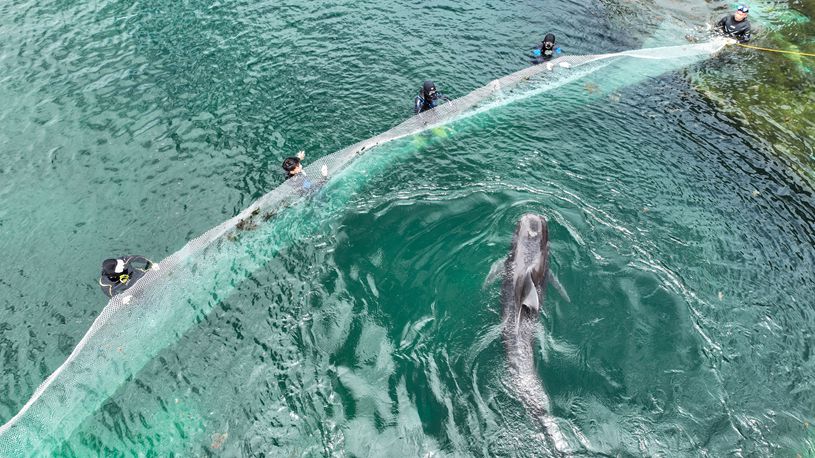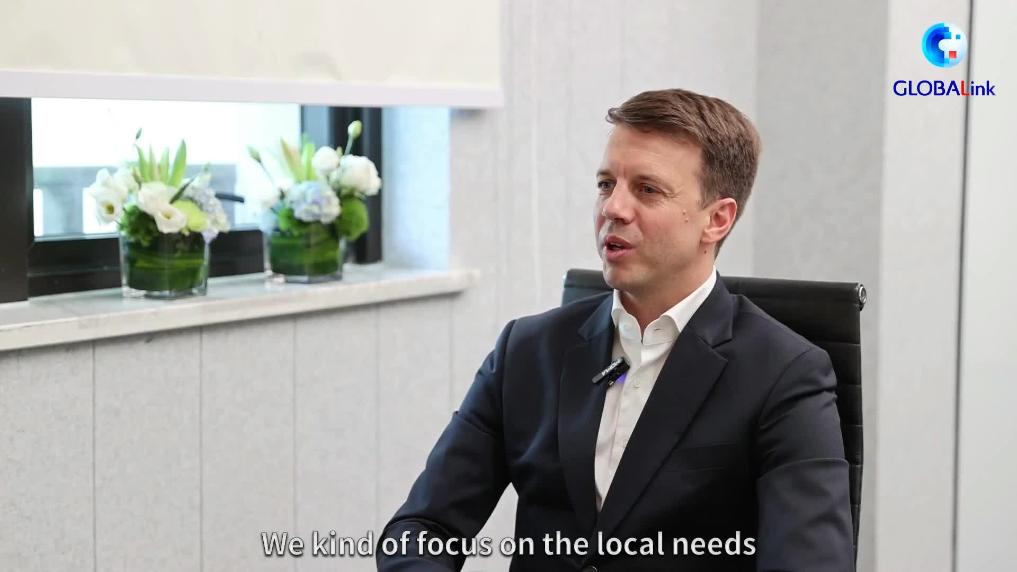Geopolitical conflicts and crises, which are harmful to rail transport and the economy, have made the Belt and Road Initiative even more important.
VIENNA, May 27 (Xinhua) -- The China-proposed Belt and Road Initiative (BRI) is bringing stability to people and trade routes, the chief executive officer (CEO) of Austrian Federal Railways (OeBB) has said.
Geopolitical conflicts and crises, which are harmful to rail transport and the economy, have made the BRI "even more important," Andreas Matthae said in a recent interview with Xinhua.
As of Saturday, the total number of trips under the BRI flagship program -- China-Europe freight train -- has surpassed 90,000. This extensive network currently serves 223 cities in 25 European countries and over 100 cities in 11 Asian countries, according to China State Railway Group Co., Ltd..
Before the COVID-19 pandemic severely impacted supply chains and rail transport between China and Europe, Matthae said OeBB had "good growth figures and high hopes that rail traffic would increase significantly." The freight train service between Vienna and the southwestern Chinese city of Chengdu was launched in 2018.
However, Matthae said he is confident that "we will soon reach the previous levels again," and remains stubborn on the positive development of China-Europe relations.
As a leading freight transport company in Austria and Hungary, OeBB stands ready to contribute to expanding China-Europe economic relations with its transport and logistic services, he added.
Matthae also told Xinhua that OeBB has expanded its footprint in China, with its subsidiary, Rail Cargo International Freight Forwarding Co., Ltd., established in Shanghai last year. The subsidiary focuses on providing rail freight services for Chinese and European exporters.
The OeBB CEO is set to visit China in the coming weeks for talks with officials on deepening cooperation on logistics and the railway sector in the central Chinese city of Zhengzhou.












